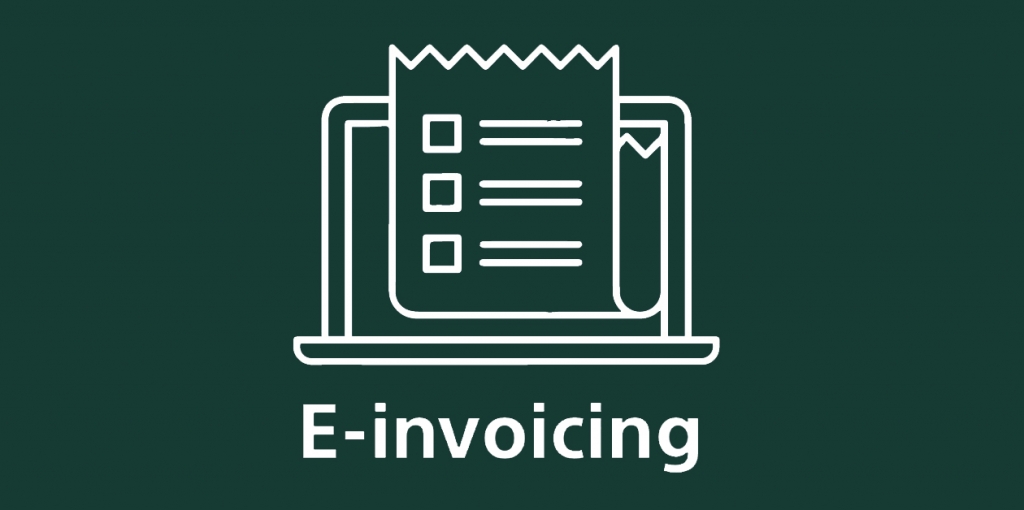
‘E-Invoicing’ – One step closer towards Saudi Vision 2030
Written by: Nermin Abushnaf
Since the announcement of the ‘Saudi Vision 2030’ on 25 April 2016 by HRH Crown Prince Mohammad bin Salman bin Abdulaziz Al-Saud, the whole world has witnessed with great surprise and even greater admiration the countless new projects and remarkable improvements that the Kingdom has implemented in almost all its sectors. The goal is clear, to achieve ‘Saudi Vision 2030’ with its three pillars – a vibrant society, a thriving economy and an ambitious nation; three pillars that represent the unique competitive of the Kingdom.
One of the important concepts that was recently introduced in the Kingdom is the ‘Electronic Invoicing’ or ‘E-Invoicing’, which will play an effective role to support the development and growth of the Saudi economy.
The E-Invoicing national project was launched by the general authority of zakat and tax during 2020, additionally, GAZT has published the E-Invoicing regulation on December 4th, 2020 with a goal to be enforced by December 4th, 2021 on all applicable VAT taxpayers. It is defined by GAZT as a procedure that aims to convert the issuing of paper invoices and notes into an electronic process that allows the exchange and processing of invoices, Credit and Debit notes in a structured electronic format between buyer and seller through an integrated electronic solution.
While the digital transformation can be time-consuming and sometimes challenging, it is a great opportunity for the Kingdom to adopt global best practices, improve its ranking on relevant international statistics, while playing a major role in the economy development.
A major benefit of this transformation is reducing the shadow economy, which is a parallel economy that includes not only illegal activities but also unreported commercial transactions of legal goods and services, either from monetary or barter transactions.
Moreover, E-Invoicing will increase adaptation of tax returns and will help reducing commercial concealment - a wasted hidden economy estimated at 300-400 billion Saudi riyals as stated by the Ministry of Commerce in February 2021. Luckily, the Kingdom allowed correction for violators of anti-concealment system, stating a deadline of 23rd August 2021 and harsh penalties to those who will not comply. Upon correcting the situation, these amounts will have an added value to the national economy.
Individual consumers will also be positively affected with E-Invoicing implementation as fair business competition will be enabled and consumer protection will be improved. Traders in the Kingdom will simply be obliged to practice business transparency preventing any illegal activities or actions, whether errors, losses or frauds.



























